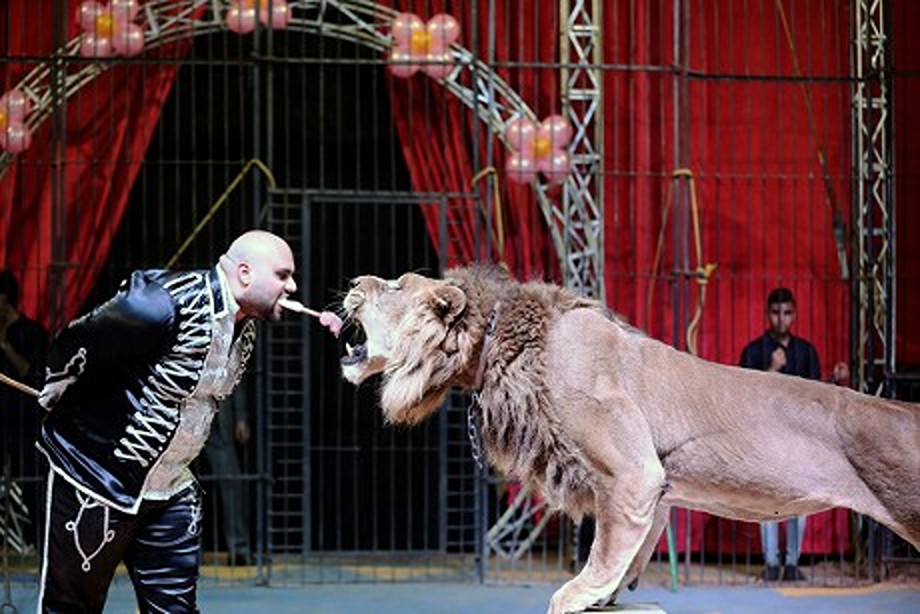Egypt’s Administrative Court has sent a lawsuit calling for an end to animal performances in circuses to the Commissioners’ Department for review on Tuesday, 26 August, according to local media reports.
The case demands that circus shows rely instead on human skills, creativity, and artistic innovation, in line with the Egyptian Constitution and Islamic Sharia.
The lawsuit, filed by a lawyer on behalf of Animal Protection Foundation, a nonprofit in Egypt, accuses authorities of failing to protect circus animals from abuse, saying they ignored their duty to stop practices that amount to torture and violate the Egyptian Constitution.
The complaint says animals, especially lions and tigers, are often beaten, starved, and even burned to force them to perform unnatural tricks. It argues this not only causes suffering but also endangers people. One example cited is a well-known case in Tanta, where a tiger attacked a trainer and left him permanently injured.
The lawsuit points to Article 45 of the Constitution, which guarantees protection for animals, and Article 2, which makes Islamic Sharia the main source of law and encourages mercy toward living beings. It also includes Quranic verses and hadiths that forbid animal cruelty.
While Egypt passed Law No. 29 of 2023 and Prime Ministerial Decree No. 1731 of 2025 to regulate dangerous animals and prevent abuse, the lawsuit says these rules have not been enforced in circuses.
It adds that many countries, such as the Netherlands and Singapore, have already banned or restricted animal acts, choosing instead to focus on technology, visual effects, and human performers. The case calls on Egypt to follow this trend to protect animals and improve safety.
The Commissioners’ Department will now study the case and prepare a report before the court makes its final decision.
Animal rights in Egypt remain a complex and often debated issue. While the Constitution explicitly protects animal welfare under Article 45, and recent laws such as Law No. 29 of 2023 attempt to regulate the ownership of dangerous animals, enforcement has been weak and inconsistent.
At the same time, Egypt faces a massive stray animal crisis, with tens of millions of cats and dogs roaming the streets.







Comments (0)